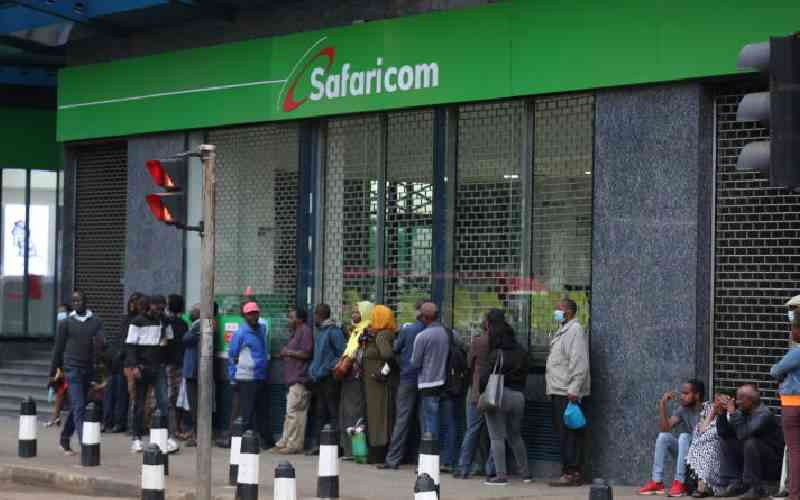×
The Standard e-Paper
Home To Bold Columnists
Kenyan commercial banks with subsidiaries in South Sudan could be affected by potential United Nations sanctions against anyone who undermines current peace talks in Africa’s newest nation, Central Bank of Kenya (CBK) has warned.
The banking sector regulator has warned policy makers in a report to pay attention to any additional “punitive litigations” against financial institutions, regulators, companies and countries for violating sanctions or breaches of contract.







